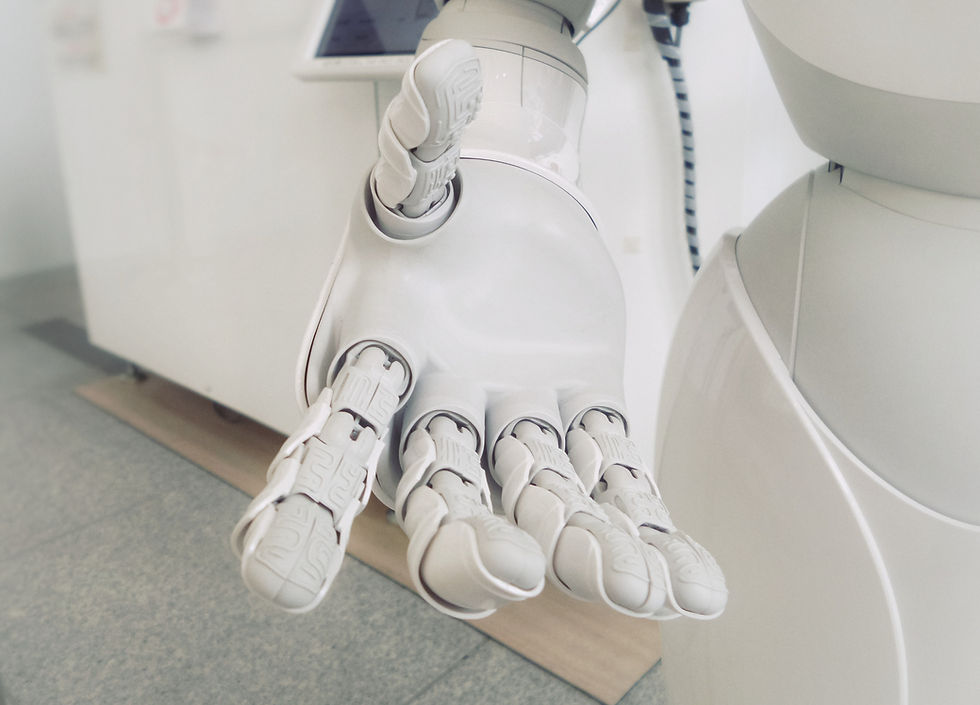The Interplay of Human Bias and Artificial Intelligence: Navigating a Digital Future.
- Venus
- Aug 17, 2023
- 2 min read
This post, written by Venus, talks about The Interplay of Human Bias and Artificial Intelligence: Navigating a Digital Future.

In an age where algorithms shape our experiences – from the ads we see to the news in our feeds – it's pivotal to understand the dance between human biases and artificial intelligence. AI and machine learning models, like the one you're conversing with, don't just magically escape the predispositions of their creators; they often reflect and amplify them. By delving into this intricate relationship, we can navigate a more equitable digital future.
1. The Mirror of Machine Learning:
At the heart of many modern AI systems is machine learning. These systems are trained on vast datasets, often gathered from human interactions. If these data have biases (and they often do), the AI absorbs them. It's like holding up a mirror to society's imperfections.
2. Amplification and Feedback Loops:
An unchecked AI system can amplify societal biases. For instance, if a job recommendation algorithm is trained on historical hiring data where a particular gender or ethnicity was favored, it could perpetuate this favoritism unless corrected.
3. Ethical Implications and Consequences:
From judicial sentencing to medical diagnoses, AI systems are making increasingly consequential decisions. When tainted with bias, these decisions can adversely affect lives, making the ethical implications of AI more profound than ever.
4. The Road to Unbiased AI:
Building a truly 'neutral' AI is a challenge, but there are steps we can take. This includes diverse training data, transparency in algorithms, and promoting diversity in the tech world. AI's potential lies not in replacing human judgment, but in complementing it.
5. The Promise of AI: Beyond Bias:
For all its challenges, AI holds immense promise. It can be used to identify and rectify biases in existing systems, drive inclusivity in sectors previously exclusive, and can even be a tool for self-reflection as we confront our own biases.
Conclusion:
The dance between human biases and AI isn't a predetermined waltz; it's a dance that's still evolving. By engaging with it consciously and ethically, we stand a chance to choreograph a future that's more equitable and informed. As AI becomes a more significant facet of our lives, understanding its relationship with bias isn't just essential—it's imperative.
